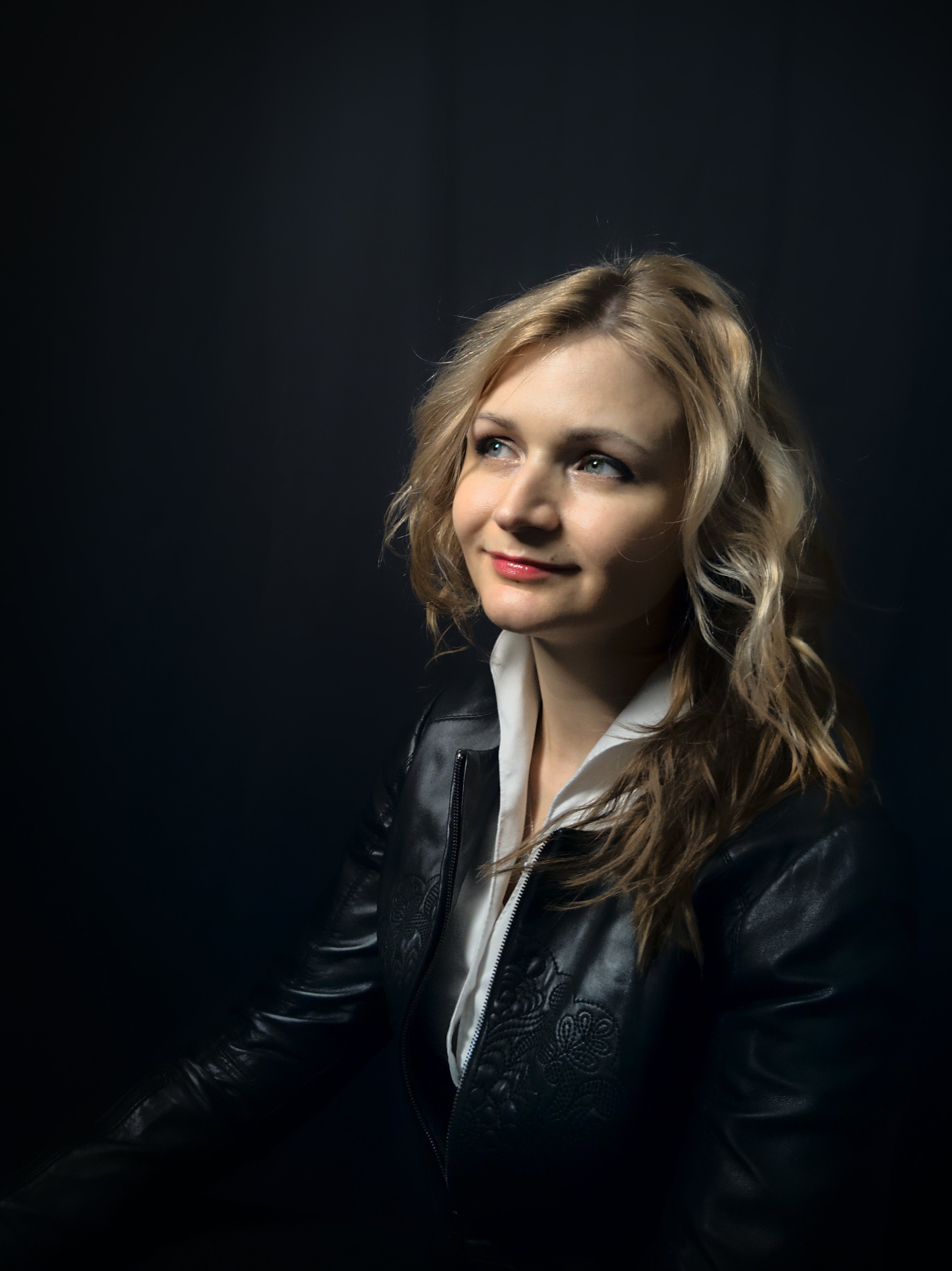
Reviews from Baltic and Estonian Music Days in 3 languages
Pierre Rigaudière from Diapason in La musique balte sous les projecteurs européens à Tartu writes about Tarmo Johannes performing my composition Incantare:
"Dans ce contexte, la flûte basse quelque peu chamanique mais remarquablement précise d’un Tarmo Johannes arbore dans Incantare (2018) de Justina Repečkaité un visage inattendu – l’interprète est invité à chanter dans un instrument augmenté par une électronique très vocale."
Lawrence Dunn from bachtrack writes about Estonian National Symphony Orchestra, led by British conductor Clement Power concert in a review Oceanic swells, orchestral tangles: Baltic & Estonian Music Days:
"Justina Repečkaitė’s Vellum was the most successful work on the programme. The music seemed confident and direct, something that can be difficult for many composers for whom orchestral pieces are relative rarities. The music felt straightforwardly au courant too. Constructed like other pieces in the programme from waves of dissonant harmonic pile-up, at the piece’s centre was a repeated, unrelenting section built around upward glissandos in horns and strings, sharp violent crescendi and noisy percussion. This section drives itself home, before a short, sinister conclusion, which ends almost as soon as it arrives. Arresting and contemporary."
5against4 blog blog pots Baltic & Estonian Music Days 2024 (Part 3) of Simon Cummings:
“Taking first prize for the most startling venue used at this year’s festival was Tartu University’s Museum of Natural History, where the members of Ensemble U: performed – and we all stood – in the midst of a vast menagerie of live and preserved animals. The three pieces that made the strongest impression did this by (unintentionally) playing into the connotations of the natural world surrounding us on all sides. Justina Repečkaitė‘s Incantare, being premi5against4 blogèred in a new version devised by flautist Tarmo Johannes for bass flute and electronics, spoke like a primordial voice, expanding into a carefully executed ritualistic act, the precision of which (Johannes is an astonishingly precise performer) was periodically broken up by wildness. At times, the live and electronic sounds sounded as twin strands of this same act, with the electronics often coming across like a more literal vocal mouthpiece to the more abstract and stylised material emanating from the flute. “
Deutchlandfunk podcast in Selbstbewusste Musikkultur – die Baltic and Estonian Music Days in Tartu features an excerpt of Incantare (2018) performed by Tarmo Johannes while presenting the Ensembel U: concert at the Natural Hisytroy Museum of Tartu.

Reviews of La muë (2024)
After Repečkaitė’s premiere of La muë (2024) for seprent, children’s choir and electronics at Ircam, reviews:
L’effet « Janus » à l’Espace de projection de l’Ircam by Michele Tosi on ResMusica
and Janus 2024 : le miroir à deux faces de la musique d’aujourd’hui by Frédéric Norac on musicologie.org.

TEMPO Darmstädter Ferienkurse 2021 on Pulsating Skin
In an article Darmstädter Ferienkurse 2021 from the journal TEMPO (Cambridge University Press) musicologist Max Erwin writes:
“Right next door in front of the steps leading up to the Ludwigskirche, Justina Repečkaitė’s Pulsating skin began as four snare drum membranes began to vibrate from the effect of transducers placed on their underside, just as the title promised…

Press and podcasts in Lithuanian
Šarūnas Nakas, composer and cultural critic, prepared a radio essay Alchemy. Justina Repečkaitė (2020) for Lithuanian National Radio :“It seems like Repečkaitė is some kind of a situational alchemist: her compositions are like life cycles of sonic figures, also, sounds themselves are very materialistic. Processes are quite plant-like, truly organic: withering, germinating, unfolding, wilting, bursting into bloom, blossoming.“

Reviews in French
Reviews in French on Justina’s music from Télérama, Journal Zibeline, Resmusica and Anaclase.

Chartres review by Ben Davis on Sight Listen blog
Slowly unfolding and stunningly textured, Lithuanian-born, Paris-based composer Justina Repečkaitė’s for chamber orchestra is a thoroughly riveting listen.